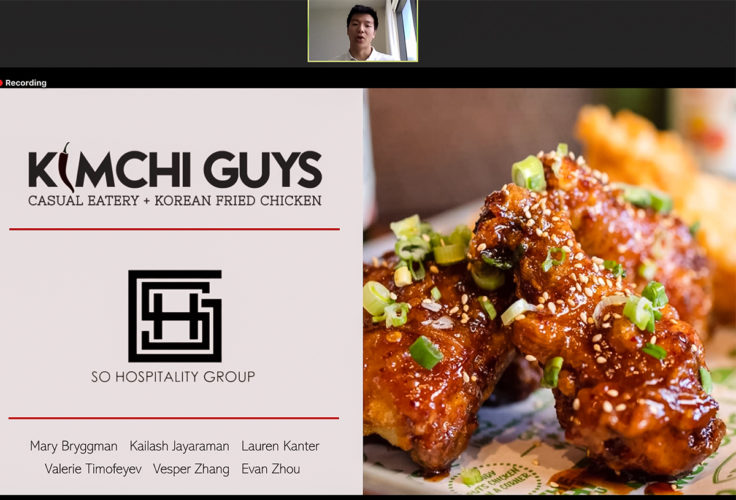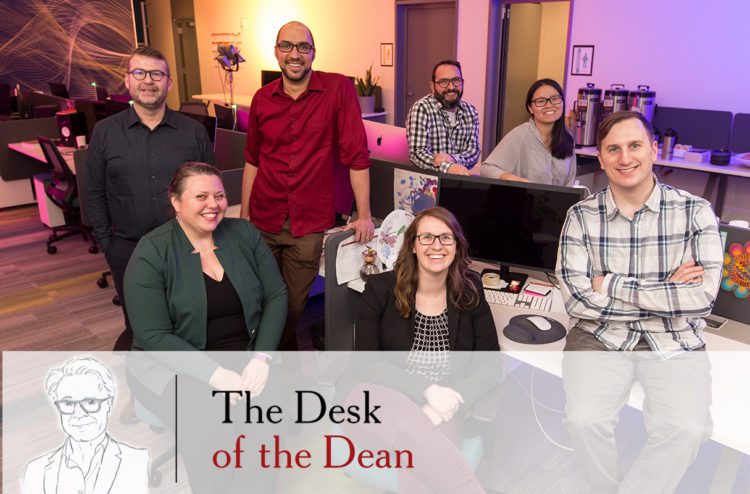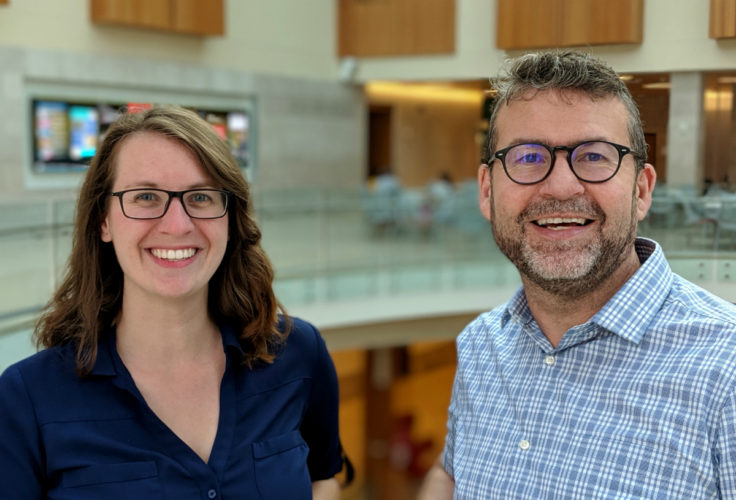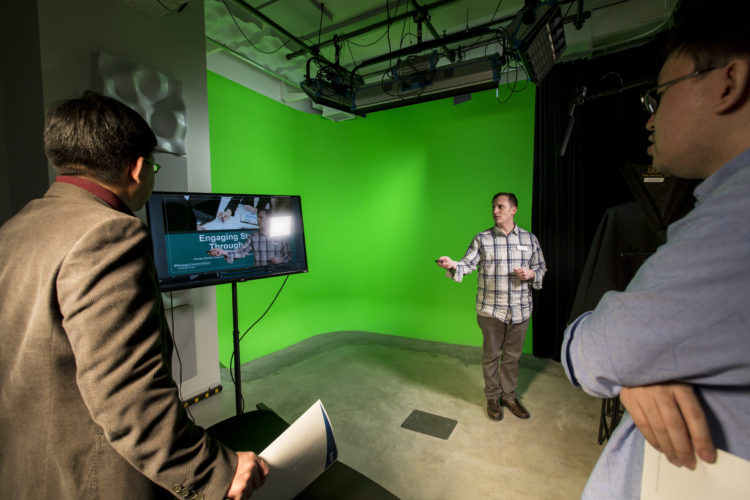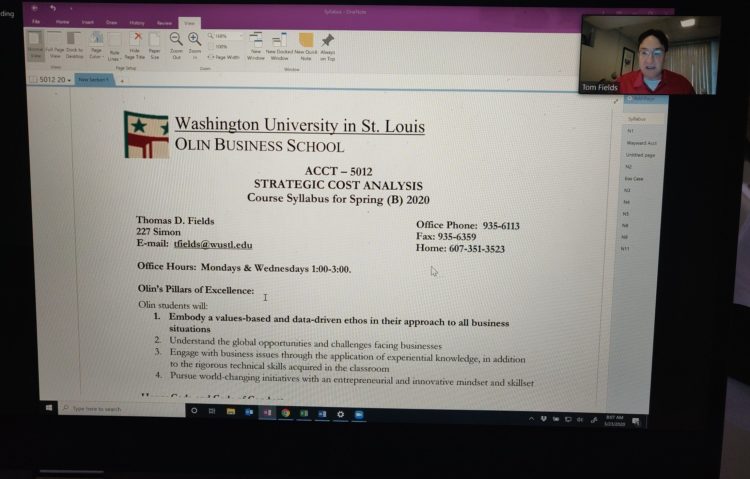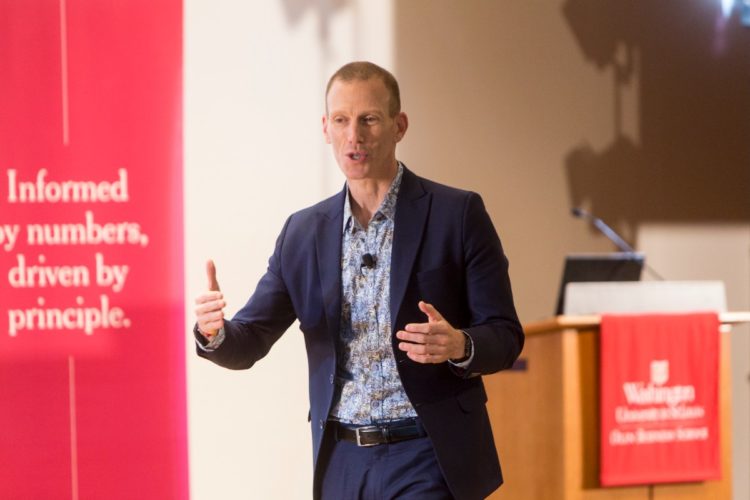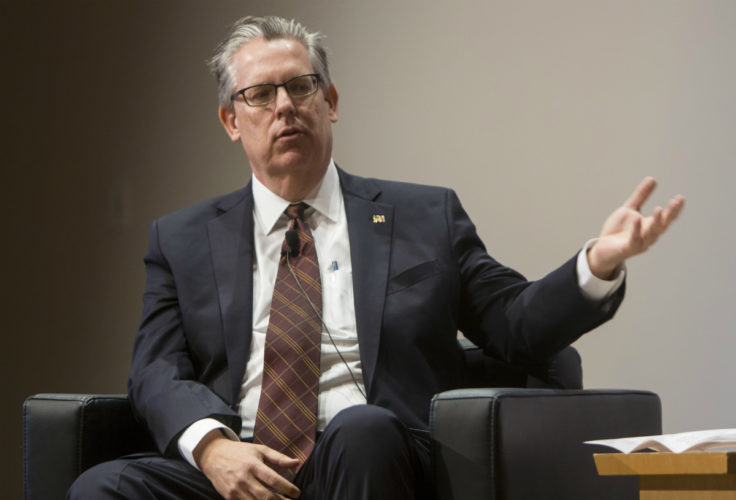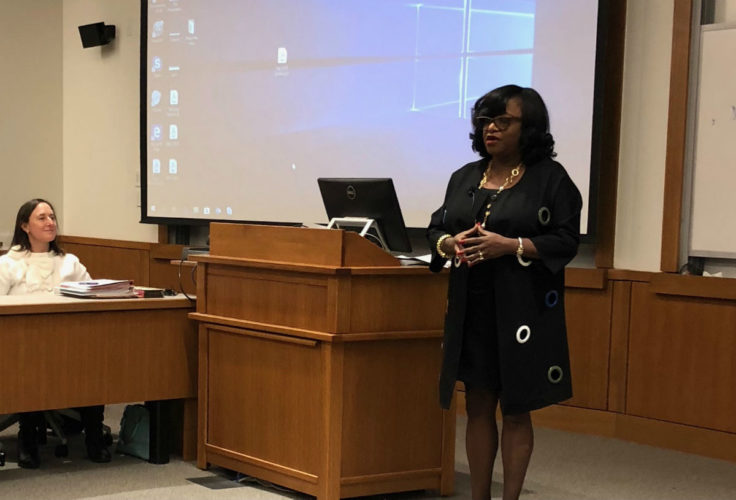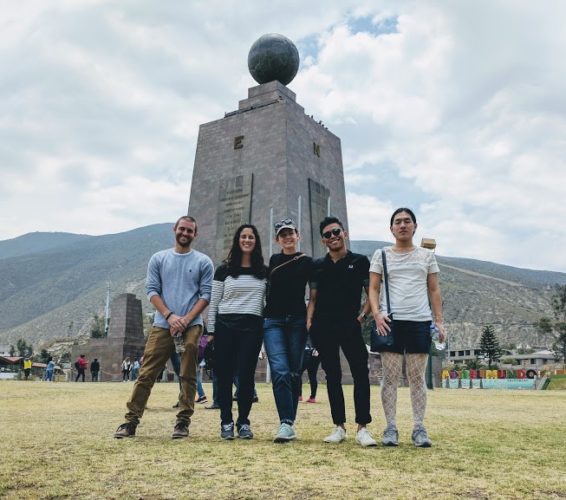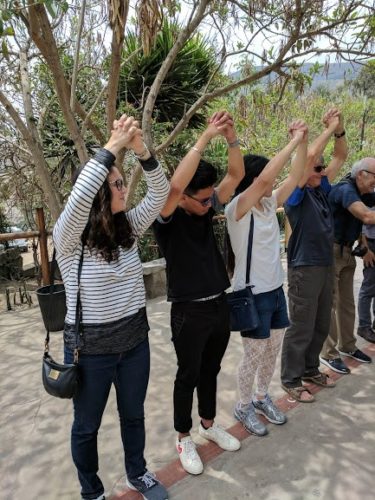A combined effort from WashU Olin Business School’s Center for Research in Economics and Strategy, Koch Center for Family business and the St. Louis Small Business Task Force aims to provide support for small businesses in a trying time while providing experiential learning opportunities to undergraduate students.
According to a press release published on PRWeb on May 26, the partnership, headed by Glenn MacDonald, Olin professor of economics and strategy, paired groups of students with seven local businesses. Each business represents an industry that’s been affected by the COVID-19 pandemic and resulting stay-at-home orders.
The businesses involved include:
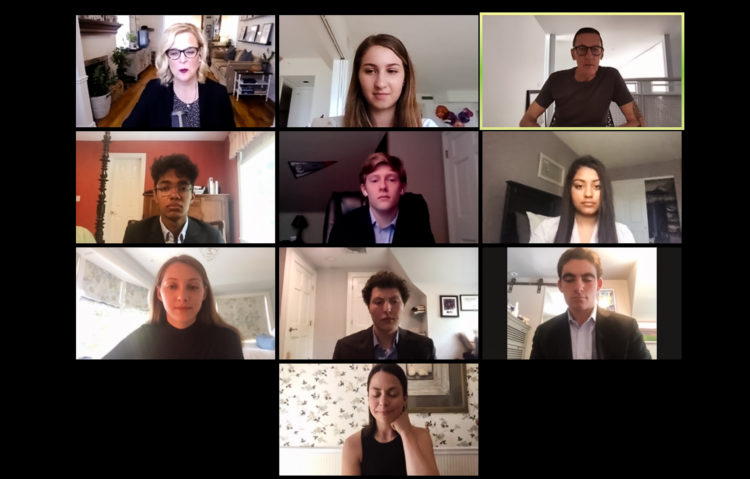
“I think this is a great opportunity to bring together top-notch minds to help our business community and the regional economy,” Glenn MacDonald said in the PRWeb press release. “Our students are some of the brightest and most motivated individuals in the country, and I am excited to involve them in this effort. It is a win-win—the students will learn from this unique experiential learning opportunity and the business owners will come away with a fresh perspective and innovative solutions.”
In addition to helping small businesses and getting real-world experience, the top three teams received a cash prize.
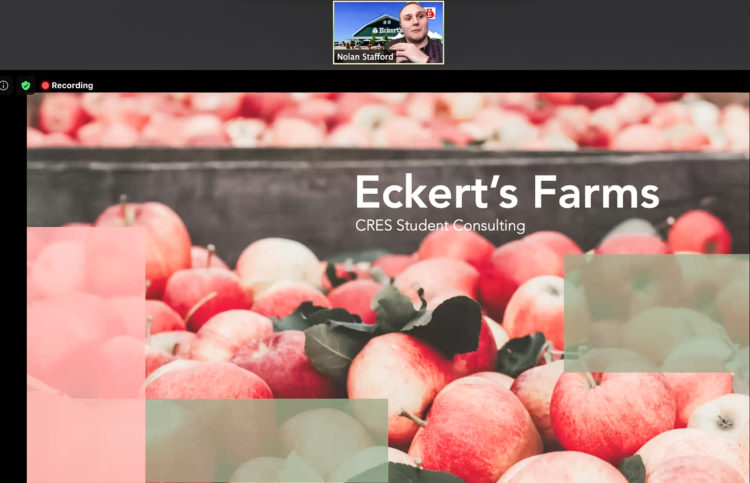
Alivia Kaplan, BSBA ’22, acted as the program manager for the endeavor—so she got to see every aspect of students’ presentations and recommendations play out.
“It’s giving us the opportunity to use the skills we learn in class to help local business owners navigate their way through this particularly difficult time,” she said. “Supporting local entrepreneurs by helping them address the challenges presented by COVID-19 is an amazing way to support our community.”
And the project gave Kaplan the experience of being a consultant—and an entrepreneur. “This project gave me the opportunity to learn more about the day-to-day challenges of running a business. Working with these entrepreneurs to understand their approaches to problem solving and change management has given me insight into the approaches I want to take, both in work and in my personal life.”
Teams of undergraduate students presented their final recommendations to the business owners in a series of publicly-streamed Zoom presentations on June 3 and 5.
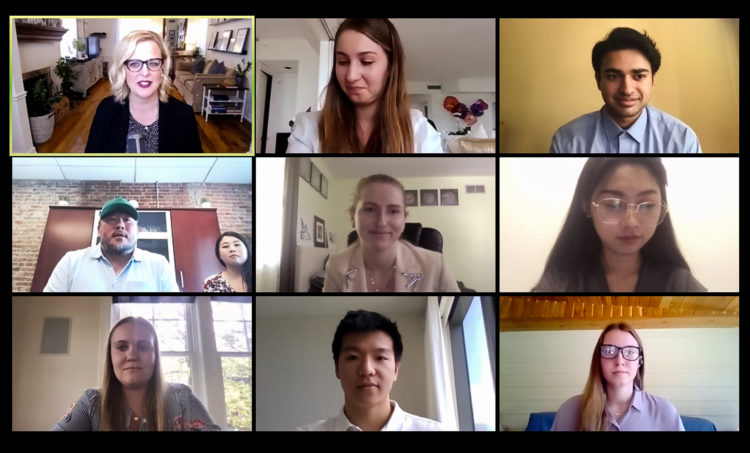
Judges presented the first-place win to the student team representing So Hospitality Group, followed by Chill Pak in second place and Diba Imports in third.
For Kaplan, this experience has meant helping her community while honing her own business skills. “It’s exciting to see how the skills I’m learning at Olin can be applied to help real people and real businesses,” she said. “And I feel like the project we’re doing is going to have a positive impact and help local companies adapt as they approach new challenges.”


